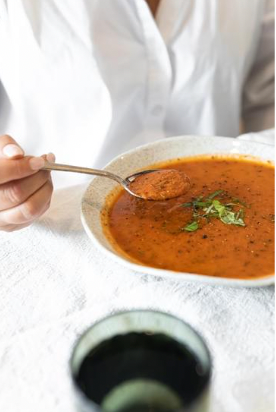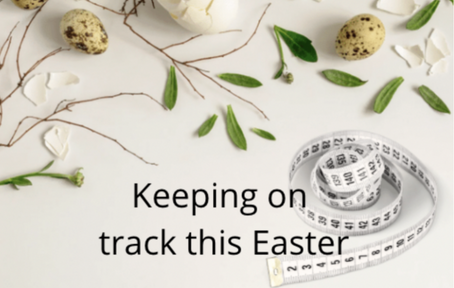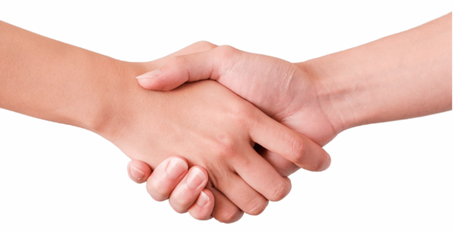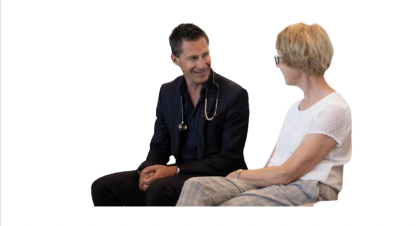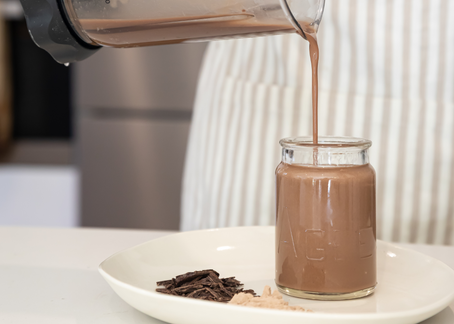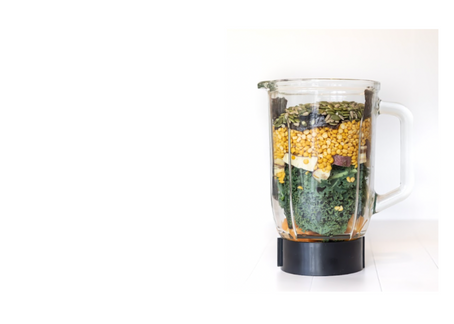As we are discovering, we often eat for reasons other than hunger. Hopefully you have started to unravel some of these reasons after reading our blog on Identifying Stumbling Blocks.
Sometimes we overeat, or choose food that isn’t healthy, because we hit an emotional trigger. A key to losing weight is finding the emotion behind our eating.
Experts estimate that 75% of overeating is because of emotional reasons. We often overeat not because we are hungry but because we are sad, angry or anxious. We try and fix those emotional wounds with food.
We get into a cycle that looks a bit like this; a situational TRIGGER leads to an emotional REACTION, which leads to a physical RESPONSE.
1. Situational TRIGGER
A person, place or time that leads us to over eat. It might be work drinks, a friend who is very opinionated, or when we are alone.
2. Emotional REACTION
The Situational Trigger presses a button in us that creates an emotional reaction. Work drinks, for example, might trigger the emotion of anxiety - “I don’t fit in” “I might say something silly”. Being alone might trigger the emotion of loneliness, being at a party might trigger feelings of inadequacy - “I’m not attractive”, “I’m not loveable”.
3. Physical RESPONSE
The emotion triggers a physical response - "I’m not attractive so it doesn’t matter what I eat - I’ll have seconds of dessert”, “I feel sad so eating will make me feel better”.
Sadly, eating cannot and will never fix an emotional wound. Did that sink in? Eating cannot and will never fix an emotional wound. In reality, it often makes the wound worse.
This is a tough one to face, but try to be really honest with yourself.
What emotion might be contributing to your weight?
Let’s get practical…
1. Write a list of Situational Triggers (who, where, when you make unhealthy food choices).
2. Next to each situational trigger write an emotion - what is it about that situation that derails you?. If you wrote down “Friday night drinks”, is it anxiety, awkwardness, desire to fit, or fear of missing out? If you wrote down “late afternoon” what is it about that time? Is it boredom, frustration, or maybe just habit?
3. Make that into an “I” statement. For example, “I have learnt about myself, that I tend to overeat mid afternoon because of boredom.” or “I have learnt about myself that I overeat at work drinks because I feel anxious about social settings”.
Working through these emotions and finding healthier ways to deal with them will take time, but for now…JUST NOTICE.
Noticing is the beginning step to healing. Next time you make unhealthy food choices ask yourself...
what was the trigger? - what was my emotional response? - what was my physical response?
In another blog we will develop a plan to start tackling those emotional challenges… but for today, just notice.






